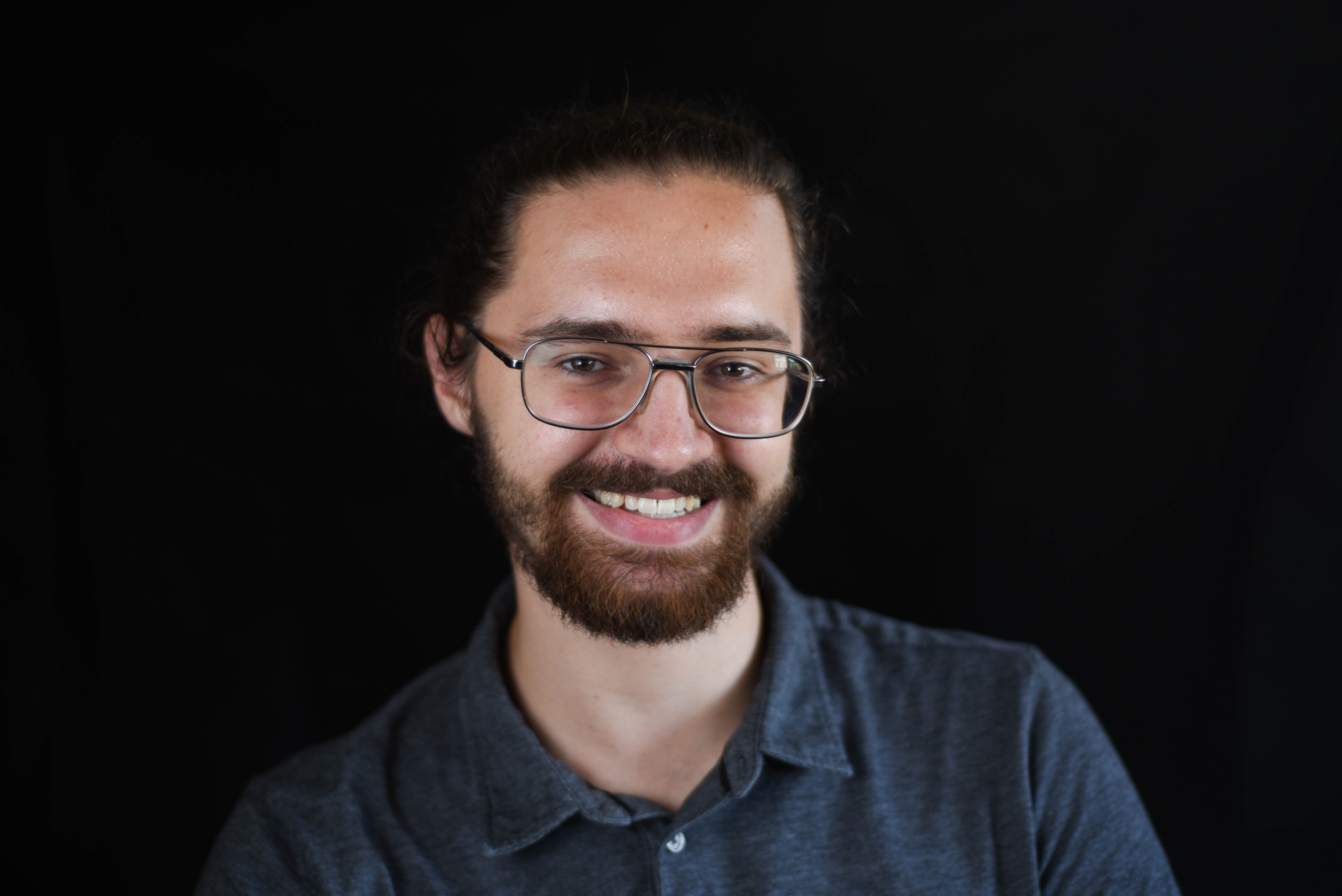Remote Discoveries: Catching up on Lit Fest

Hey, Wildcats,
In recent weeks most of us have revisited the uncomfortable FOMO (the fear of missing out), of seeing the taken-for-granted suddenly become absent, realizing the preciousness of “the normal.”
In no way does this downplay the much greater worries and pains that surround this crisis – and these are very real things that will affect millions of human beings in ways we would hope not to imagine. Yet, the small losses, notably those connections between people in lively, real, and present conversations leave a palpable absence in our lives.
Catching up on a Canceled Lit Fest Event
When I looked through library events that had to be canceled this semester, I am reminded that there were numerous small things that we missed out on. On March 24, Bryan Washington’s Literary Festival book reading and discussion on his new novel, Memorial, would have taken place in Speakers’ Corner. Although I was unfamiliar with Washington’s work prior to writing this blog post, a deeper dive through his essays available online as well as his previous book talks, showed me what we are all missing out on.
For this week’s Remote Discoveries blog, I will provide some links to Bryan Washington’s work and talks. To preface these links, Washington’s work does contain explicit content and he does not shy away from the expletive-prone speech of everyday conversation, nor does he shy away from topics that make some uncomfortable.
That being said, I believe that many people would thoroughly enjoy Washington’s work, regardless of whether it was encountered on-campus or discovered remotely.
Some of Bryan Washington’s Work
One of Washington’s first essays, View From the Football Field; or, What Happens When the Game is Over, presents a poignant description of playing football, and all the (un)importance it has on communities, friendships, family, and race. Writing on his personal experience playing football in a Texas suburb, Washington shows how the game harbored various meanings, and what it stood to mean for people in different times of their lives.
In our own library stacks, we have Washington’s first book, Lot, a New York Times Critics’ Top Book of 2019. The book is a coming of age story for a boy in Houston, and his experiences of his neighborhood, family, friends, and own sexuality. I will certainly be getting a copy of this book once some of the strain is taken off Amazon.
Finally, here is a YouTube link to his book talk about “Lot” in 2019 at the coffee shop, Politics and Prose in Washington D.C.. Hearing Washington speak about the influences of his life and work is interesting, and it is wonderful to hear the work read in his own voice with enthralling delivery.
 Nate Gosweiler is a graduate assistant for Falvey Memorial Library and a graduate student in the Communication department. This week he will be catching up on some leisure reading in order to avoid necessary reading. That certainly won’t be regretted later…
Nate Gosweiler is a graduate assistant for Falvey Memorial Library and a graduate student in the Communication department. This week he will be catching up on some leisure reading in order to avoid necessary reading. That certainly won’t be regretted later…

 Nate Gosweiler is a graduate assistant for Falvey Memorial Library and a graduate student in the Communication department. He is currently suffocating under the growing weight of his newly-created twitter feed. It. Never. Stops…!
Nate Gosweiler is a graduate assistant for Falvey Memorial Library and a graduate student in the Communication department. He is currently suffocating under the growing weight of his newly-created twitter feed. It. Never. Stops…!